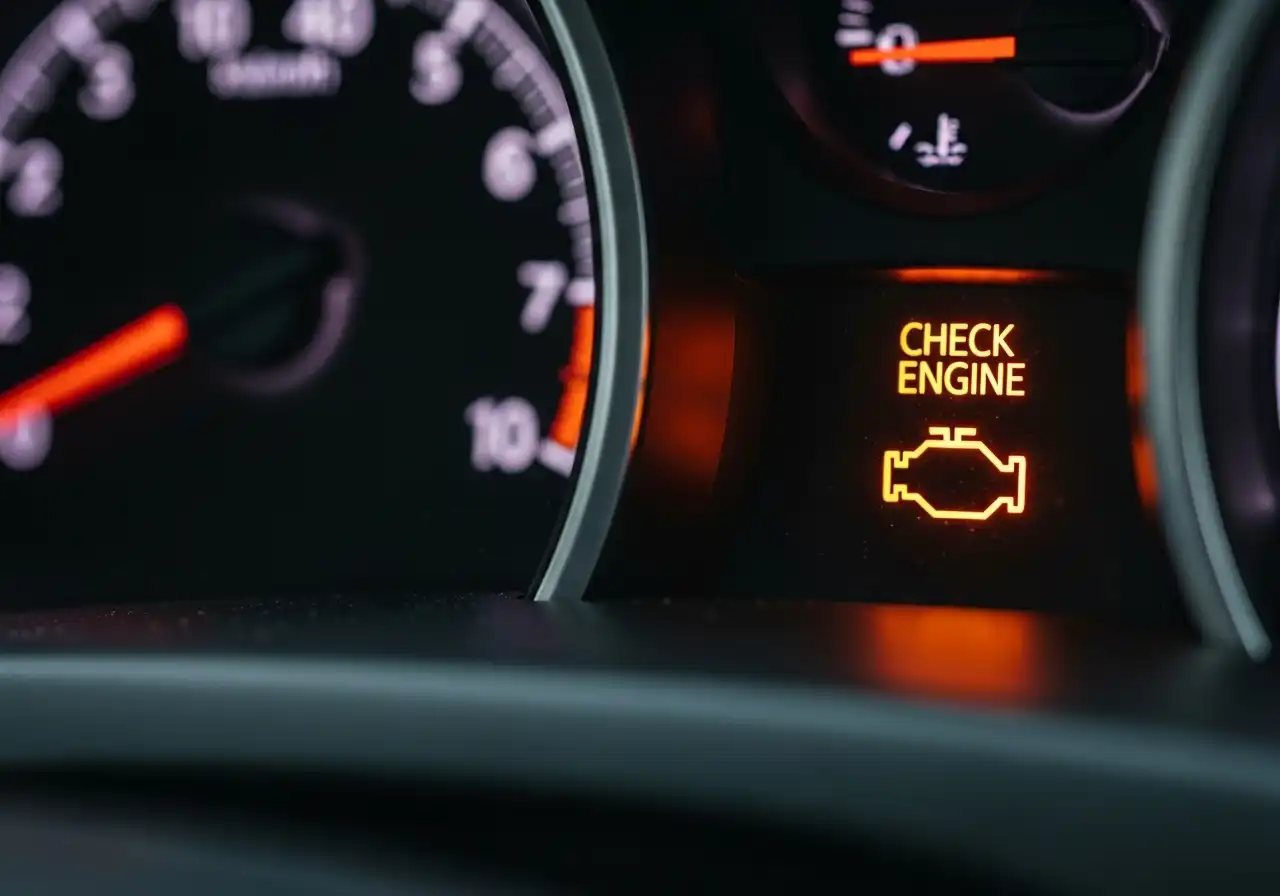Buying a car is a significant investment, and the last thing you want is to end up with a vehicle that constantly breaks down or fails to perform as expected. If you’ve found yourself with a “lemon”—a car that has serious defects that can’t be repaired after several attempts—you may be wondering, can you get compensation for a lemon car?
The answer is yes, but the process can vary depending on the state you live in and the specific details of your case. Fortunately, the Lemon Law was created to protect consumers like you. In this blog, we’ll explain how the Lemon Law works, what compensation you can receive for a lemon car, and the steps you need to take to ensure you get the justice you deserve.
What Is a Lemon Car?
A “lemon” is a vehicle that has significant defects, often related to its safety, use, or value, which cannot be repaired after a reasonable number of attempts by the manufacturer or dealer. The Lemon Law applies to both new and, in some cases, used cars. However, to qualify for compensation, the car must meet certain criteria, which typically include:
-
Substantial Defects: The car has a defect that significantly impairs its use, value, or safety (e.g., engine failure, faulty transmission, defective brakes).
-
Repair Attempts: The defect has been unsuccessfully repaired multiple times, usually at least 3 times for the same issue, or the car has been out of service for an extended period (typically 30 days or more).
-
Timeframe: The defect must appear within a specific period (often within the first year or 12,000 to 24,000 miles), though this can vary by state.
If your car qualifies as a lemon, you may be entitled to compensation under your state’s Lemon Law.
Types of Compensation for a Lemon Car
If you have a lemon car, you may be entitled to compensation in one of two forms: a refund or a replacement vehicle. Let’s break down both options:
1. Refund
A refund means you receive the full amount you paid for the car, minus any reasonable usage fees. The calculation typically includes:
-
Full Purchase Price: The total price you paid for the car, including taxes, fees, and financing costs.
-
Additional Expenses: Any costs associated with the car, such as registration fees, towing fees, and repair costs (if paid out of pocket).
-
Usage Fees: A small amount may be deducted for the time you’ve driven the car. This is typically calculated based on the mileage driven before you reported the defect.
If the car has significant defects and you no longer want the vehicle, a refund can be the best option.
2. Replacement Vehicle
If you prefer to keep a vehicle, you may be entitled to a replacement car. The replacement must be comparable to the original lemon vehicle in terms of value and specifications. For example, if you bought a sedan, the replacement should be another sedan of equal value.
-
Comparable Value: The replacement vehicle should be similar in age, mileage, and features to your original car.
-
No Additional Cost: The manufacturer or dealer must cover the costs of the replacement vehicle without charging you more than the original purchase price.
Choosing a replacement vehicle may be the best option if you still want a car but don’t want to deal with the ongoing issues of the lemon.
How to Get Compensation for Your Lemon Car
If you believe your car qualifies as a lemon, here’s what you need to do to get the compensation you deserve:
1. Document the Defects
The first step is to document all the issues with your vehicle. Keep a record of:
-
The Defects: Describe the specific defects in your car. This can include mechanical issues, safety concerns, or performance problems.
-
Repair Attempts: Keep a log of all repair attempts, including the dates the car was brought to the dealer or manufacturer, the work that was done, and any communication with the repair shop.
-
Repair Invoices: Collect invoices or receipts for all repair work, including the cost and details of the work done.
The more documentation you have, the stronger your case will be.
2. Notify the Manufacturer or Dealer
Once you’ve documented the defects, notify the manufacturer or dealer about the issues. In most cases, you must inform them in writing that you believe you have a lemon car and request a refund or replacement.
-
Certified Mail: Send the notification via certified mail so you have proof that it was received.
-
Give Them a Chance to Fix It: In some states, you may be required to give the dealer or manufacturer one more chance to fix the defect before you can file a claim.
3. Review Your Warranty or Lemon Law Coverage
Check your warranty or Lemon Law coverage to ensure your car is covered. Every state has its own Lemon Law, so make sure to review the specific requirements and deadlines in your state.
-
State-Specific Laws: Each state has different rules regarding the Lemon Law, including how long you have to file a claim, the number of repair attempts required, and the definition of a “substantial defect.”
-
Consult Your Warranty: Many car manufacturers offer warranties that provide protection beyond the Lemon Law. Review the warranty to understand what’s covered and for how long.
4. Consult a Lemon Law Attorney
If the dealer or manufacturer refuses to provide a refund or replacement, or if you’re unsure of the process, consult an experienced Lemon Law attorney. A lawyer specializing in Lemon Law can:
-
Review Your Case: They’ll assess whether your vehicle qualifies as a lemon and what compensation you are entitled to.
-
Negotiate on Your Behalf: If the manufacturer is uncooperative, your lawyer can help negotiate a fair settlement or take the matter to arbitration or court.
-
Ensure Legal Compliance: Lemon Law claims can be complex, so having a lawyer ensures that you follow the proper legal steps and meet all necessary deadlines.
When to Seek Compensation: Act Fast!
It’s crucial to act quickly when pursuing compensation for a lemon car. State statutes of limitations limit how long you can wait before filing a claim. Most states allow between 1 to 4 years to file, so be sure to act within that time frame.
Additionally, delaying the process can lead to further issues with your car, and you may miss the opportunity to get a refund or replacement.
Conclusion:
If you find yourself stuck with a lemon car, remember that you have legal protections under the Lemon Law. Whether you seek a refund or a replacement vehicle, the law is designed to ensure that you’re not left with a defective car that impacts your safety and finances.
To get the compensation you deserve, start by documenting your car’s defects, notifying the manufacturer or dealer, and consulting with a Lemon Law attorney if necessary. Don’t let a lemon car take away your peace of mind—take action today and get the justice you deserve.



